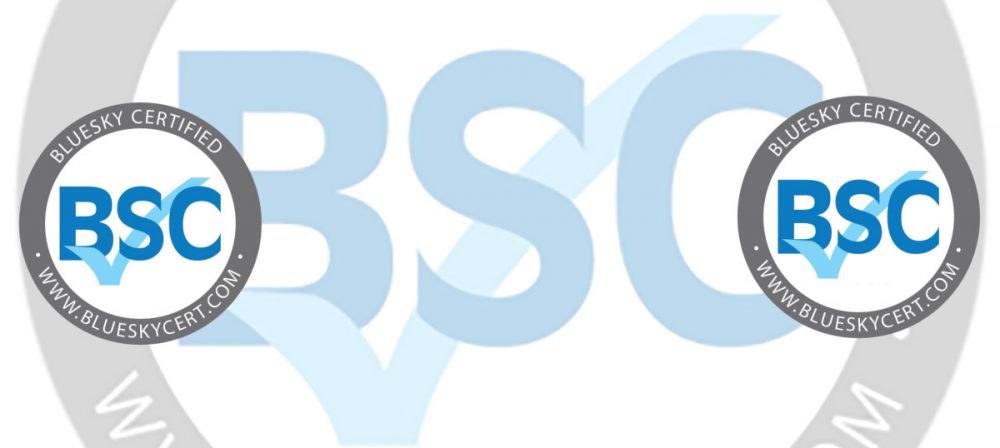
Independent 3rd Party Certification
For the manufacture, installation, inspection and maintenance of doors, windows and fire resistant products.
Who We Are
Bluesky Certification are a UKAS accredited 3rd party certification body offering credible, independent 3rd party certification for the manufacture, installation and maintenance of doors, windows and fire resistant products.
Our schemes set out the requirements that you must meet, without specifying how they must be met, allowing our customers flexibility and innovation in the way they operate their businesses.


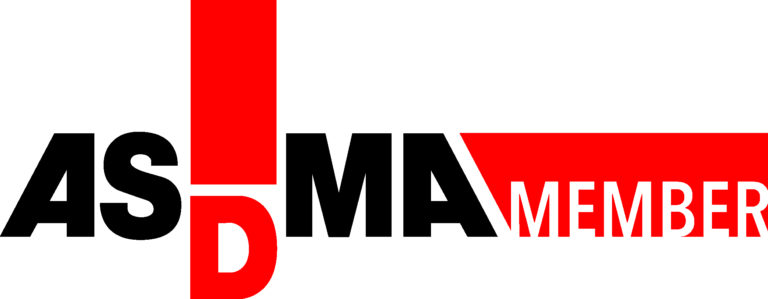
Accredited
UKAS regularly scrutinise Bluesky Certification's policies and procedures, enabling us to deliver credible 3rd party certification.
Recognition
Our own reputation together with the accreditation held with UKAS, means that our schemes are widely recognised by controlling authorities including Secured by Design and the NHBC.
Credible
Our highly skilled team together with rigorous requirements means that joining our schemes sets you apart from your competitors.
Responsive
We recognise that our customers are central to our business and as such, Bluesky's friendly team is ready to respond promptly to your enquiry.

Installation, Maintenance and Inspection
UKAS accredited installation, inspection and maintenance certification for fire doors, fire resistant windows, glazed screens and firestopping products.
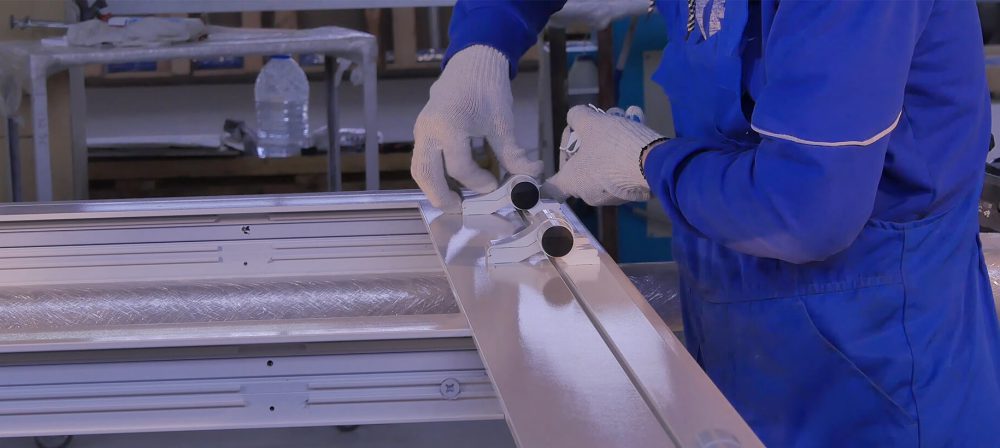
Manufacturing
Bluesky offer a range of UKAS accredited 3rd party certification for the manufacture of enhanced security windows, doors, firedoors and insulated glass units.
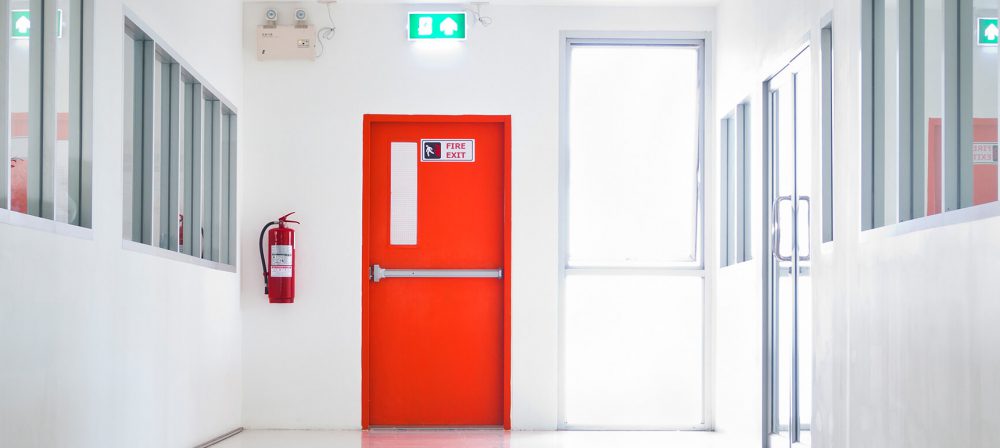
UKCA
UK Approval Body services to allow manufacturers of fire resistant and panic exit doorsets to UKCA mark their products in line with the Construction Products Regulations.
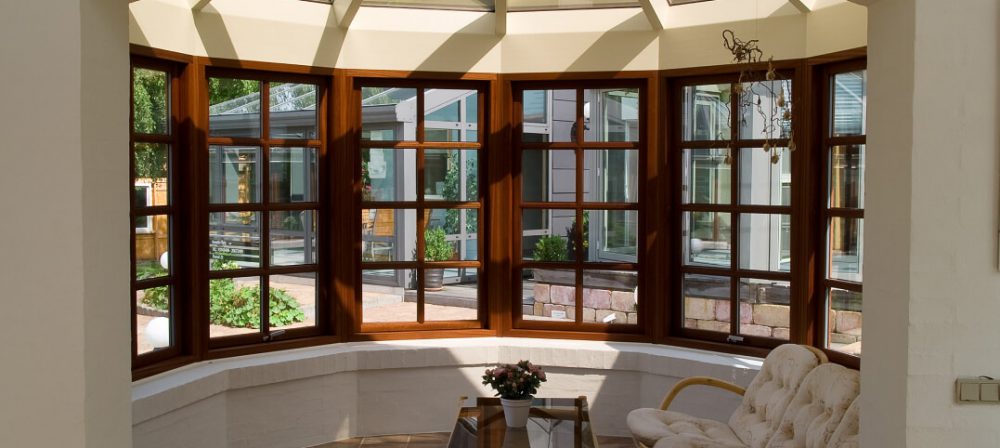
Domestic
UKAS accredited schemes for the installation of doors, windows, conservatories and orangeries into domestic dwellings.
